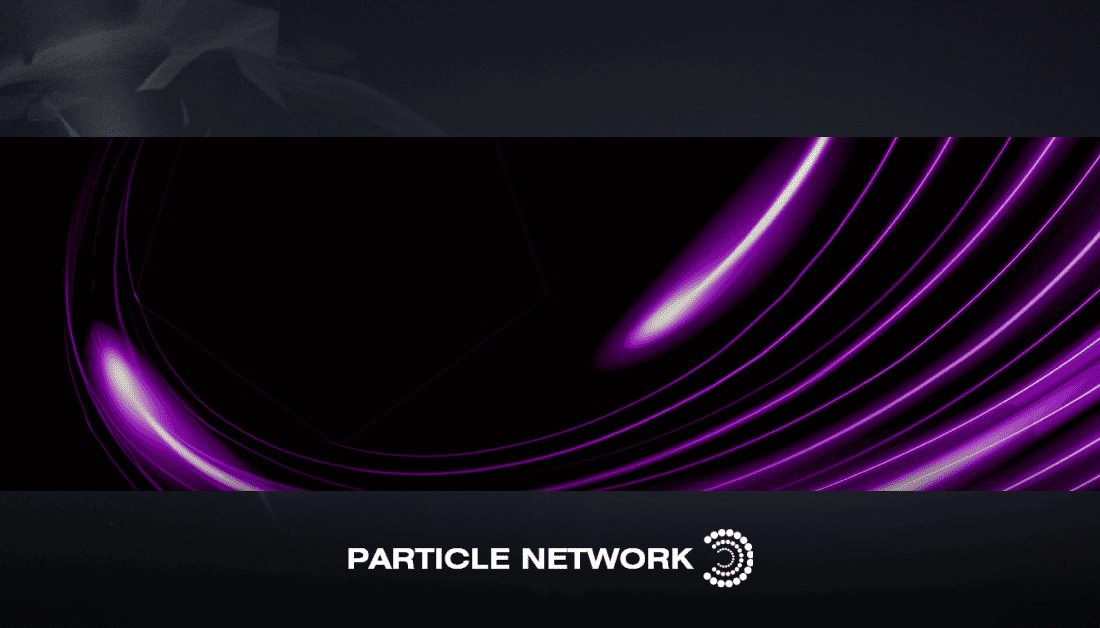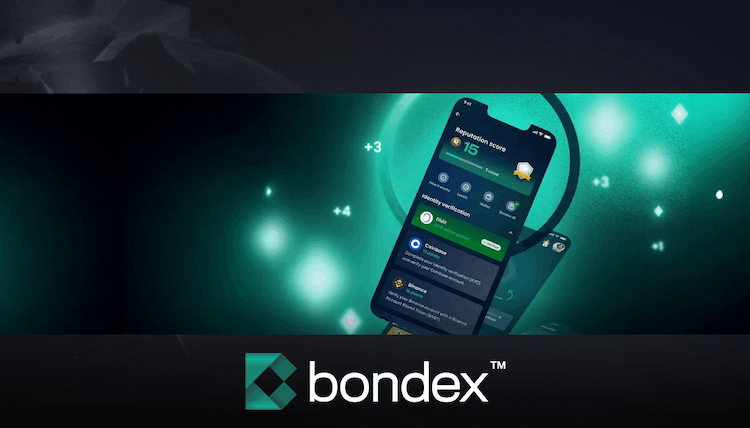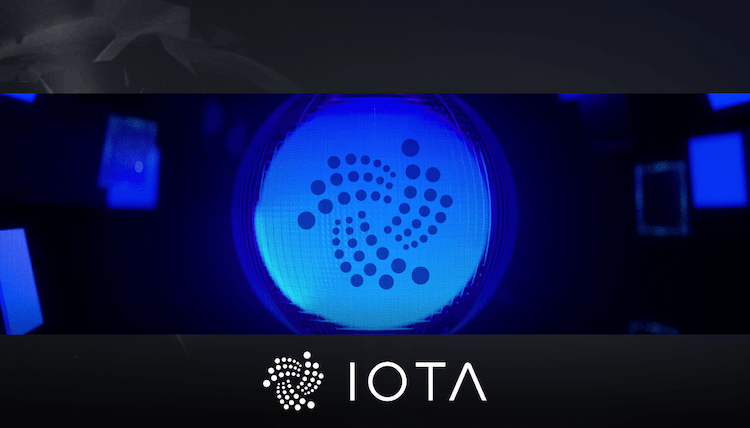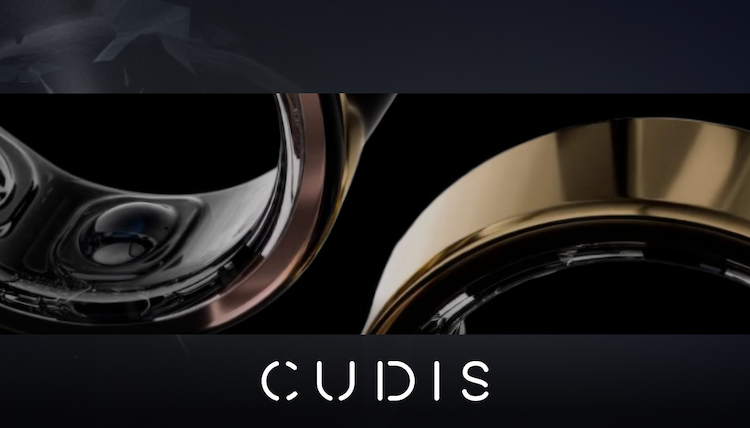
Web3 onboarding has traditionally been challenging due to the need for users and developers to navigate a plethora of apps, tools, and protocols, resulting in a fragmented user experience. As the adoption of cryptocurrency continues to grow, there is a pressing need for solutions that unify various blockchain networks, simplifying interactions and improving accessibility. This is where the concept of Chain Abstraction has become crucial, as it allows for seamless integration and operation across multiple chains, thereby enhancing the overall user experience.
Particle Network, a project within the Chain Abstraction ecosystem and Morningstar Ventures portfolio company exemplifies this approach. Initially launched as a wallet abstraction service, Particle Network has evolved into a modular layer-1 (L1) blockchain solution currently in Testnet development. Its core product, Universal Accounts, aims to simplify Web3 interactions by providing a unified account and balance system across all blockchains. This month's review will cover everything from how Particle Network transformed from a Wallet provider to offering Universal Accounts that span all chains to its founding team, recent achievements, and roadmap. It will end with an analysis of the project’s strengths and challenges.
What is Particle Network
Particle Network is a modular layer-1 (L1) blockchain focusing on chain abstraction. The project started as a wallet abstraction service in 2022 but has evolved into a Layer-1 solution currently in Testnet development. Particle Network's flagship product are its Universal Accounts, which unify all chains and abstract Web3 complexities, enabling users to have one account and balance across all blockchains. The project aims to be part of a bigger vision, moving Web3 from a multifaceted process to a more understandable and adaptable solution.
Image Source: Particle Network Docs
Since its inception, Particle Network has grown its partner network to include more than 60 chains and 900 dapps, as well as providing infrastructure for other Web3 projects such as Ultiverse, Xterio, and Fusionist.
Image Source: Particle Network Website
Products: Modular L1, Dual Staking, Modular Smart Wallet-as-a-Service, and BTC Connect
Before releasing their Modular L1 on testnet, Particle's Wallet Abstraction stack included two main products: Modular Smart Wallet-as-a-service and BTC Connect. Both currently serve over 4 million daily users across 56 chains, securing over $2B worth of users’ assets.
To take its product offering to the next level, Particle Network launched its most ambitious initiative, Universal Accounts, at the beginning of 2024. The team’s proprietary Layer-1 functions as the overarching coordinator for these, enabling the experience of Chain Abstraction so that Universal Accounts and all the features around them can run seamlessly. Universal Accounts, along with Universal Liquidity and Universal Gas, form the core functionalities provided by Particle Network. Each aims to achieve chain abstraction by eliminating manual processes required for multichain interactions.
Universal Accounts simplify Web3 interactions by allowing users to manage assets and engage with dApps across multiple chains using a single account, following the concept of “1000 Chains, One Account.” This solution removes the need for manual cross-chain operations, enabling seamless transactions, a consolidated balance, and gas fee payments with any token. Users can access Universal Accounts through existing Web3 wallets or social accounts and can currently be used on Particle Network’s Testnet.
To ensure all chains and users’ assets across them are connected, Universal Accounts leverage Particle Network's Universal Liquidity. This technology performs various operations on any chain, such as token swaps and interactions with Liquidity providers. This means users can access their token balance across all chains as if it was on a single account, interacting with new chains without holding tokens on them.
Universal Accounts also allow users to leverage Universal Gas, solving the problem of needing multiple gas tokens (ETH, MATIC, BNB, etc.) to pay for transactions on different chains. Finally, An Omnichain Paymaster implements Universal Gas by using Universal Liquidity. Particle Network's native token, $PARTI, acts as a key exchange medium in this system, ultimately settling all gas fees in this token.
Image Source: Particle Network Docs
Below is an overview of Particle Network’s three core functionalities.
- Universal Accounts: Particle Network's Universal Accounts provide users with a single address and balance across multiple ecosystems, including heterogeneous blockchains like Bitcoin and Solana. This allows them to interact with dApps on any chain and simplifies the development process for deploying multi-chain dApps. Universal Accounts aim to unify multi-chain asset and account management, addressing the fragmentation of the Web3 ecosystem.
- Universal Liquidity: Universal Liquidity unifies the liquidity of all chains through the optimistic execution of multi-chain atomic transactions. This feature allows users to interact with new chains without holding tokens on them, further streamlining Web3’s user experience.
- Universal Gas: Universal Gas allows users to pay transaction fees with any token (e.g., PARTI, USDT, or USDC) from any blockchain, eliminating the need for multiple chain-exclusive gas units (e.g., SOL, ETH, MATIC). All transactions are ultimately settled on Particle Network through its native token, $PARTI.
Image Source: Particle Network Docs
Additional ProductsAggregated Data Availability (AggDA) and Dual Staking Model
Besides enabling Universal Accounts, the Particle Network L1 introduces several innovations that strengthen its functionalities to better achieve chain abstraction. This includes Particle Network’s Data Availability (DA), an innovation aggregating data from multiple providers, such as Celestia, Avail, and NEAR DA. This strategy enhances the network's security and stability by avoiding single points of failure and ensuring that data remains accessible even if one provider experiences issues. By doing so, Particle ensures its network remains robust, efficient, and decentralized, providing a reliable foundation for managing complex blockchain transactions and maintaining state across Universal Accounts.
Image Source: Particle Network Docs
Furthermore, Particle Network operates under a dual staking model to ensure high security and accessibility. This model leverages the network’s native tokens, $PARTI, and $BTC, to secure the network. Validators secured by both tokens must accept the transaction validity, reducing pressure on the native token and enhancing network stability.
Both AggdDA and Dual Staking aim to go live on testnet at the end of 2024.
Modular Smart Wallet-as-a-Service (WaaS)
As mentioned above, Particle Network started as a smart wallet services provider. Modular Smart Wallet as-a-Service and BTC Connect are Particle’s two existing products under this previous focus. Particle Network’s Modular Smart Wallet-as-a-Service (WaaS) stack enables developers to incorporate social logins for self-custodial, dApp-embedded smart contract wallets. This allows seamless onboarding and non-custodial key management. The WaaS stack supports ERC-4337 account abstraction, offering developers flexibility in implementing account abstraction (AA) within their dApps.
Image Source: Particle Network Website
BTC Connect
Particle Network’s BTC Connect is the first EVM-compatible ERC-4337 account abstraction protocol for Bitcoin, supported by the largest Bitcoin Layer-2s, including BitLayer and BRC420. The product enables users to control an account on an EVM-compatible Bitcoin L2 using a standard Bitcoin Wallet. BTC Connect brings the benefits of account abstraction to the Bitcoin ecosystem, including:
Benefits of Bitcoin Account Abstraction
- Enhanced UX: Simplified user interactions and transaction structures enable pop-up-less signatures, session keys, automated transactions, batched transactions, and other user-friendly features not currently available in the Bitcoin ecosystem.
- Improved Security: Users can leverage additional security measures, such as multi-signature schemes and complex conditional transaction criteria, enhancing overall safety.
Image Source: Particle Network Website
Team, Fundraising, and Achievements
Particle Network was created in April 2022 and co-founded by Pengyu Wang and Tao Pan, both with backgrounds in mobile game development. Particle Network has raised $25 million across four rounds, with notable investors like Spartan Group, Gumi Crypto, Animoca Ventures, LongHash Ventures, and Alibaba Group.
In June 2024, the team raised $15M in a Series A Round led by The Spartan Group and Gumi Cryptos Capital, with participation from Animoca Brands, SevenX Ventures, HashKey Capital Morningstar Ventures, and others.
Image Source: Morningstar Ventures Blog
The funds raised will continue to allow the team to spread its vision of chain abstraction and simplifying user & developer experiences. Going forward, the team is working on launching the Particle Network L1’s Mainnet and launching the Particle token $PARTI.
Our Analysis
Strengths:
- Particle Network is part of a growing narrative: Chain Abstraction. Given its focus on Chain Abstraction, the project can address significant issues within the crypto space, such as difficult user experiences as well as the inherent fragmentation of blockchains that makes it difficult to interact with multiple chains. Alongside these challenges, Particle’s pre-existing solutions also address the complicated UX and onboarding process of Web3, providing solutions around seed phrases, verification processes, asset transfers, and more.
- Particle Network connects all of its products through its L1 blockchain. Universal Accounts achieve Chain Abstraction by connecting all elements within its product offering, creating a seamless Web3 experience. These elements include: wallet abstraction, BTC connectivity, liquidity abstraction, and gas abstraction. Gas abstraction is particularly important for the future of the project's native token, $PARTI, as the entire chain will consume these tokens to settle cross-chain interactions, even if users don’t directly hold them. Furthermore, Particle Network's interconnected products work together to facilitate the technical implementation of the Universal Accounts.
- In a short period of time, the team has already managed to expand its ecosystem, community, and user base, integrating over 60+ chains and 900+ dApps. For example, alongside its Testnet’s launch, the team launched the Particle Pioneer Program to allow users to test the platform and earn $PARTI points as a reward. This initiative also allowed testers to gain access to upcoming airdrops, bonus opportunities, and whitelist spots in various ecosystems, but it also generated a growing community around Particle Network, ultimately strengthening its product via user testing and feedback.
Challenges:
- Since interoperability and security are the industry's leading drivers and values for builders, developers, and users, the team must continue to develop their product and ensure that ease of use is a top priority.
What’s Next for Particle Network
In the upcoming months, the team will focus on the following;
- Q3 2024: Mainnet V1 launch with Universal Accounts, Universal Liquidity, and Universal Gas.
- Q4 2024: Testnet launches for Dual Staking and AggDA.
- 2025: Mainnet V2 with support for Dual Staking and AggDA.
Image Source: Particle Network Website
Learn more about Particle Network:
🌐 Official website: https://particle.network/
🐦 Official Twitter: https://x.com/ParticleNtwrk
🕹️ Discord channel: https://discord.com/invite/2y44qr6CR2
📖 Blog: https://blog.particle.network/



